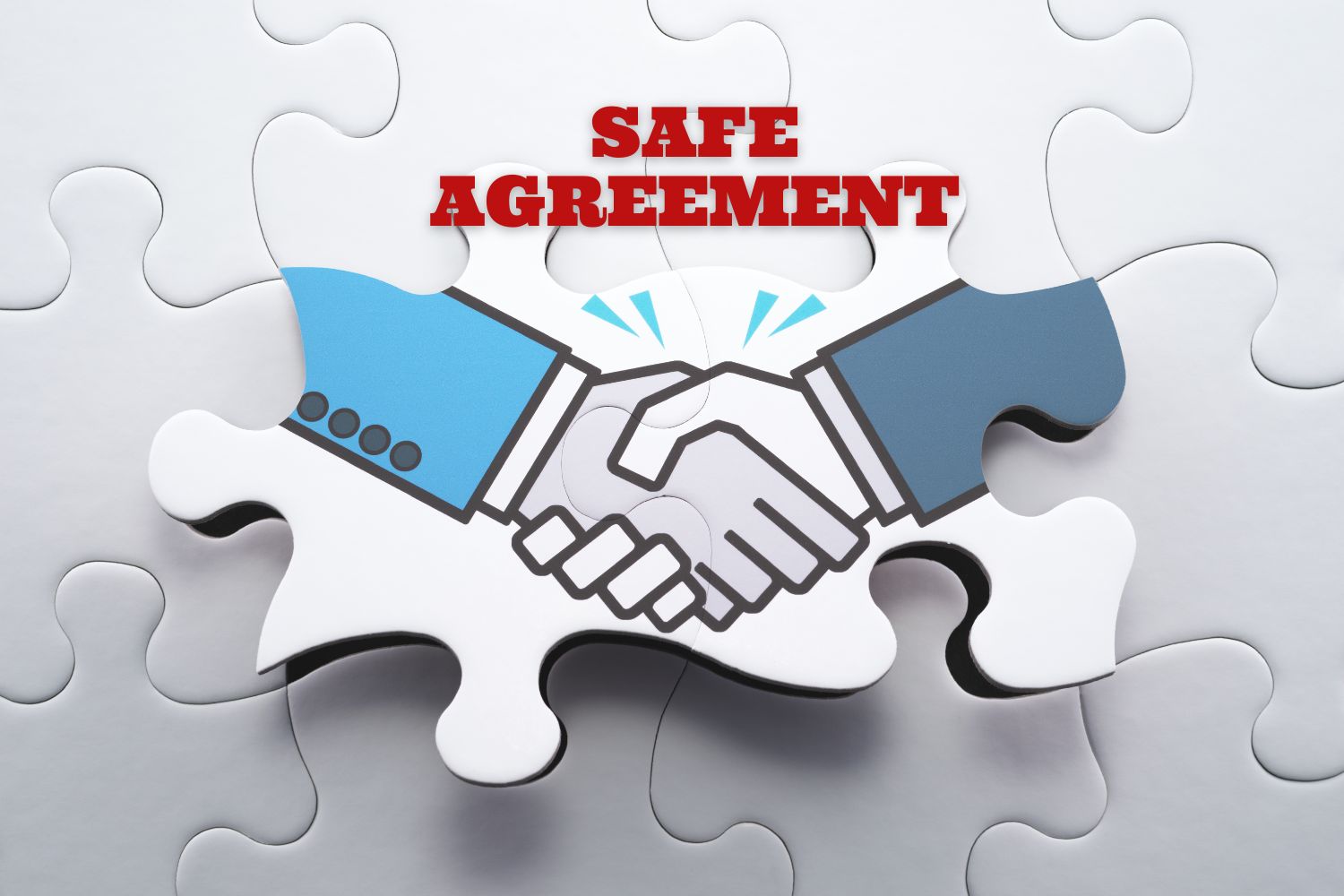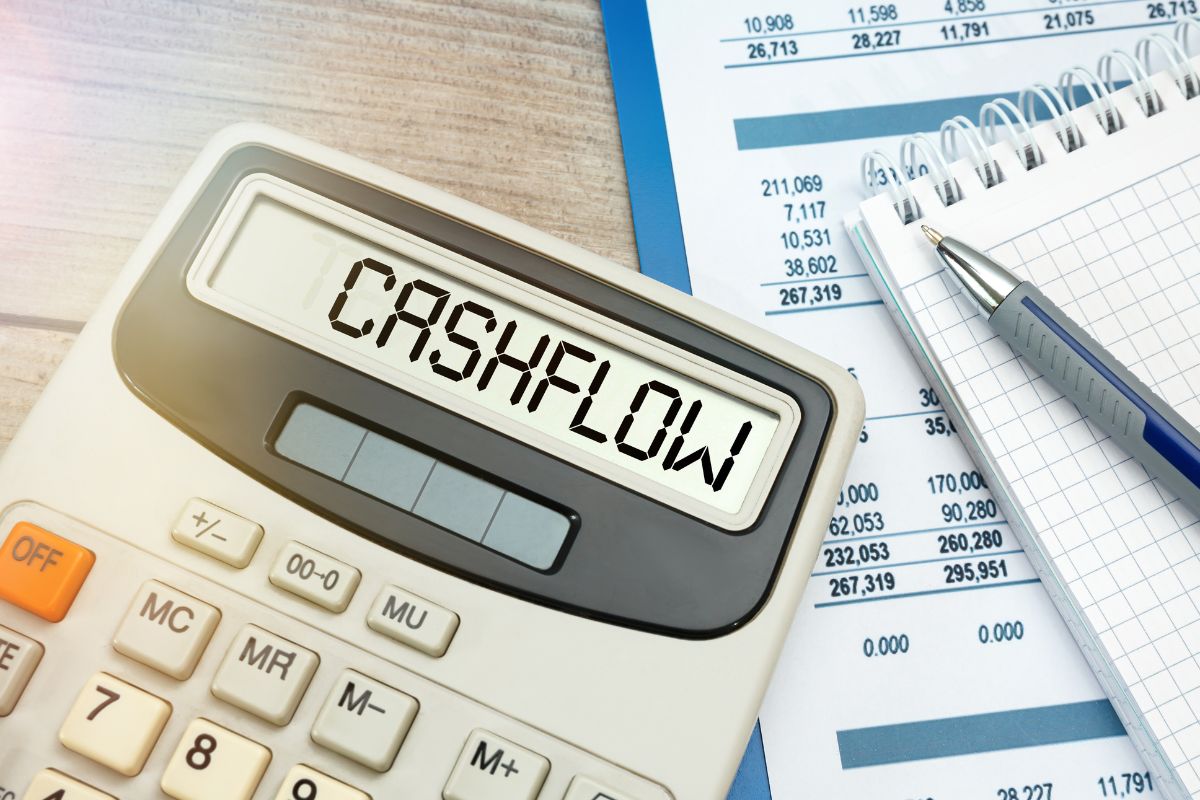What Is a SAFE Agreement?
A SAFE agreement stands for Simple Agreement for Future Equity.
It is a contract between an investor and a company they wish to invest in, designed to simplify the investment process by minimizing potential disputes over the company’s valuation.
The valuation will be determined in the future, making the agreement simpler and more straightforward.
Key Components of a SAFE Agreement
Typically, investments or fundraising are carried out through a SPA – Share Purchase Agreement, in which all parties clearly understand the investment terms and the equity received in return.
However, for early-stage companies or startups, the valuation is often unclear and may be a point of contention—founders aim for a high valuation, while investors prefer a lower one to receive a larger share of the company.
To bridge this critical disagreement, a SAFE agreement is used. It includes mechanisms that address the following points:
Company Valuation –
The valuation will be determined in a future qualified financing round, as agreed between the parties.
If the company raises funds at a valuation lower than the one stated in the SAFE, the SAFE mechanism does not activate.Discount –
The invested amount will convert into shares based on the future valuation, with a pre-agreed discount on the share price, typically between 10% and 25%.
Advantages of a SAFE for Founders
Faster Access to Funding
The main benefit for founders is the ability to receive investment quickly, since the company valuation—a typically complex issue—is deferred to a later stage.Saves Founders’ Attention and Time
Traditional funding rounds require extensive time and involvement from founders. SAFE simplifies the process, allowing for faster fundraising with minimal distraction from running the business.Lower Legal Costs
A SAFE agreement is generally short and simple (just a few pages), making it significantly cheaper and easier to execute compared to a full SPA (Share Purchase Agreement).No Accrued Interest
Since SAFE is not a debt instrument or a loan agreement, the investment does not accrue interest—unlike convertible notes.
Advantages of a SAFE for Investors
Discount on Share Price
Investors typically receive a 10%–25% discount on the price per share in the next priced round.Valuation Cap (CAP)
Investors can set a maximum company valuation (a “cap”).
If the next funding round closes at a higher valuation than the cap, the SAFE investors still convert at the lower capped valuation, giving them more equity.
Key Terms to Know
Valuation Cap
A maximum valuation at which the SAFE will convert.
For example, if the next round values the company at $10 million, but the SAFE agreement included a $7 million cap, SAFE investors will receive shares as if the valuation were $7 million—giving them a better deal.Discount
A percentage reduction on the share price in the next round.
For example, if an investor puts in $1,000 and the share price is $10, they get 100 shares. But with a 15% discount, the price per share becomes $8.50, so they receive ~117 shares ($1,000 / $8.5 = 117).MFN – Most Favored Nation Clause
This clause ensures that if future investors receive better terms (e.g., a lower valuation cap), existing SAFE holders can benefit from those improved terms as well.
Additional Notes
No Interest Accrual
SAFE agreements typically do not carry interest, avoiding tax implications associated with debt instruments.Be Cautious with Certain Clauses
Watch out for clauses like MFN, which can unexpectedly change terms.Rolling Investment Option
Unlike SPA-based rounds, SAFE agreements allow for rolling closings, meaning new investors can be added even after the initial SAFE is signed—without reopening the entire round.Available Templates
Standard SAFE templates (with and without Discount or Valuation Cap) are available on Y Combinator’s website.






